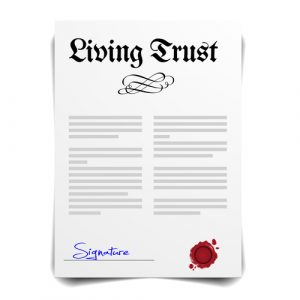The previous tax laws were in place for so long that you might have neglected updating your estate plan because you felt there was no need. Now that there are new considerations on the table, however, it may be time to take a second look. 
As a result of a new tax law, a study has shown that six out of ten wealthy adults anticipate updating their financial plans. Now that the gifting an estate exemption is up to approximately $11 million per person, this represents double the old law and entrepreneurs may even be considering grabbing a 20% deduction against qualified business income.
The American Institute of Certified Public Accountants recently completed a study that showed that 63% of wealthy individuals were likely to update their strategies. Those individuals were people who had at least $250,000 in investible assets or more than $200,000 in household income. This could lead to a decade’s long planning process and should always be reviewed by an experienced estate planning attorney. Entrepreneurs who use pass through entities may be able to qualify for a 20% deduction against qualified business income, but this is only applicable to people who have a maximum of $315,000 in taxable income for those married and filing jointly or $157,500 if you are single. In any case, setting aside time to talk with an experienced estate planning lawyer is strongly recommended to give you a better overview of what’s involved and how your individual case can be considered carefully.



















